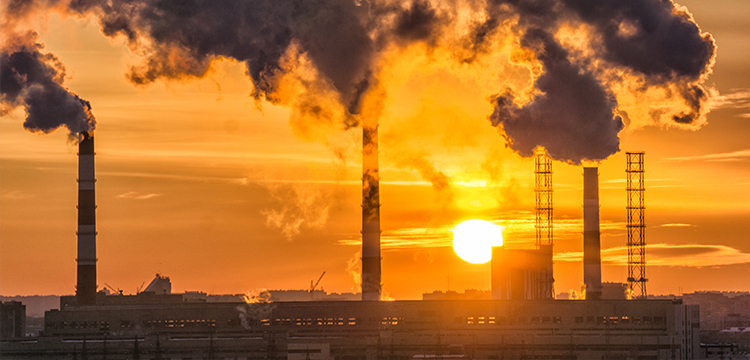It makes a pleasant change to be able to report that some countries at least are starting to show some signs of a limited economic bounce-back from the effects of the pandemic. Data on factory activity for China which has just been released shows that it expanded at the fastest rate for nearly a decade. This was better than expected. Of course activity sharply contracted earlier on this year when Covid first hit but it now appears to be starting to recover. The Chinese economy returned to growth in the second quarter of the year and factory activity has seen a consistent increase for each of the last three months. Neither is China alone in this positive trend. Assessments of the manufacturing position in Japan also suggested an improvement during the month though it is lagging behind that shown in China. South Korea too showed a much improved performance in the manufacturing sector. Here, the decline in the value of exports on which the country is heavily dependent slowed further during the month just ended and this is seen as a positive trend for economic activity in the wider region. Everything here is perhaps relative; the shortfall of exports in July compared to the same period in 2019 was 'only' 7% as opposed to declines of more than 20% in both April and May. Nevertheless although there is still some way to go to approach anything like normality this is at least a positive trend.
What makes these figures particularly encouraging is that they are showing positive economic signs despite the emergence of local flare-ups of the pandemic in both China and South Korea in particular. The measures that have been taken have clearly succeeded in managing to some extent to keep the economy afloat despite the tighter health precautions that were necessary in order to keep the pandemic from running out of control again. However, all of these countries still remain vulnerable to the poor performance of the wider global economy and even in China export orders have contracted for a seventh consecutive month. Increasingly signs of some fallout are emerging even here. Some companies in China reported that they cut staffing in July in order to make themselves more cost effective and efficient in the new trading environment.
The next question to ask is what form the recovery is likely to take. One of the few positive fallouts of the pandemic has been the improved environmental position with factories and other pollution-producing sites being shut on a wide basis. Previously heavily-polluted cities are reporting dramatic increases in air quality and this will have enormous potential health benefits for those affected by it. A couple of years ago I undertook an assignment looking at the environmental and economic impacts of air pollution in Mongolia whose capital Ulaanbaatar is one of the most polluted cities in the world. I was truly horrified when I discovered just how devastating the health impacts of pollution can be.
One connected positive fallout of the pandemic is that there seems to be a general shift away from coal as a form of energy. Amongst countries in South and South-East Asia which demonstrate this trend are Vietnam and Bangladesh which have announced a scaling-down of plans for new coal-fired power plants. Experts suggest this is an ideal moment to get rid of coal-fired plants with power demand falling and renewable plants costing less to run. Despite this, China has expanded its plans to build power stations using coal as fuel. To put this in some kind of perspective experts reckon that since 2011 China has consumed more coal than the rest of the world combined. Its consumption has risen in the last three decades or so from just under 1 billion tonnes to nearly 5 billion tonnes per annum. They also aver that this dependence on coal has significantly contributed to air pollution levels. The International Energy Agency estimates that in 2017 nearly 81% of China's emissions came from coal compared to 70% in India and under 30% in both the US and the European Union. Experts also seemed to agree that burning coal is potentially bad for your health. Whilst many countries are doing what they can to reduce their reliance on it, it seems that not everybody is convinced by the argument.
Wayne Bartlett is an author for accountingcpd. To see his courses, click here.

You need to sign in or register before you can add a contribution.